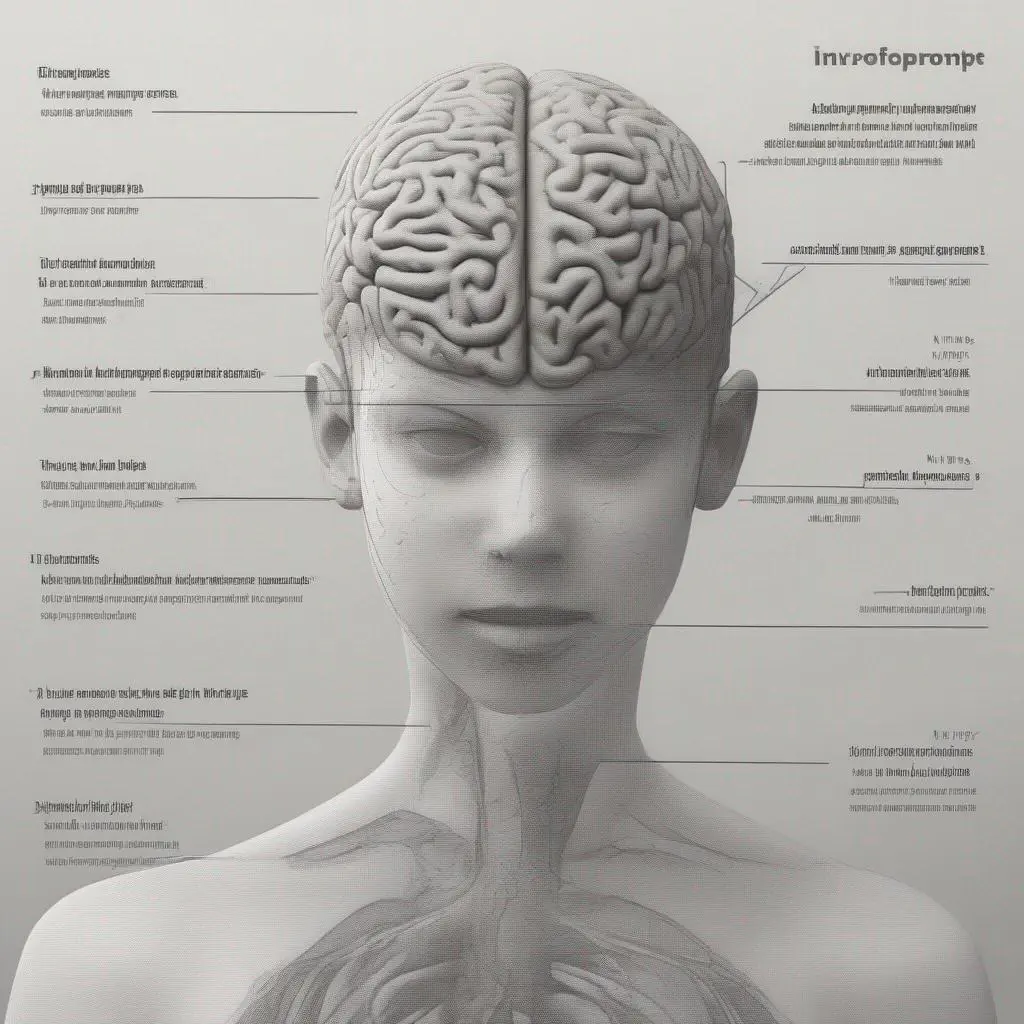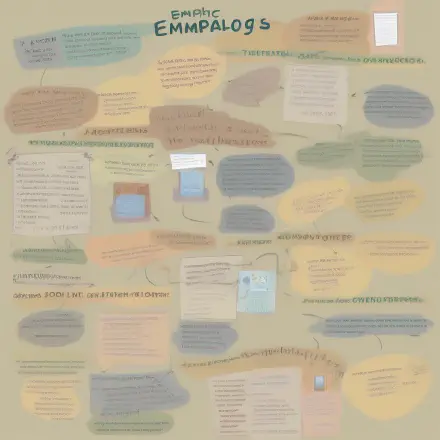
Neurodevelopment in Children
Neurodevelopment is a complex and essential process that begins in the prenatal stage and continues well beyond birth. The brain’s development during this time period can have a profound impact on a child’s abilities, skills, and behavior for the rest of their life.
Brain Growth
The brain grows at an extremely rapid pace during the early years of a child’s life. This growth begins in the womb and continues exponentivity throughout the first few years of life. This is a critical time during which the brain’s neurons, or nerve cells, multiply and forge connections with other neurons.
There are several stages of brain growth that a child goes through. These include the newborn stage, the infant stage, the toddler stage, and the school-age stage. Each of these stages has unique characteristics and milestones that children should reach.
Nutrition, adequate sleep, and a stimulating environment are key factors that promote brain growth in children. These factors provide the necessary elements for brain cells to grow and network with each other.
Neural Connections
The brain’s neural connections, also known as synapses, are what allow the brain’s different parts to communicate with each other. These connections are responsible for all of a child’s skills and behaviors.
There are many ways to promote healthy neural connections in children. These include engaging them in interactive play, reading to them regularly, and providing them with a variety of sensory experiences.
Cognitive Development
Cognitive development refers to the way a child learns to think, reason, and solve problems. This process starts from infancy and continues throughout adolescence. It includes the development of skills such as learning the language, recognizing objects and faces, and understanding abstract concepts.
The development of cognitive skills can be fostered through various means. For example, asking open-ended questions can stimulate a child’s thinking and reasoning skills. Encouraging creative play can help a child develop problem-solving skills. And reading to a child can build their vocabulary and comprehension skills.
Emotional Development
Emotional development involves changes in the way a child experiences, expresses, and manages emotions. This process is crucial for the child’s wellbeing as it impacts their self-esteem, relationships, and overall mental health.
Emotional development can be fostered by teaching children how to identify and express their emotions in healthy ways, providing them with a safe and nurturing environment, and modeling positive emotional behaviors.
Motor Skills Development
Motor skills development refers to the coordination of muscles and movements. These skills are essential for a child’s daily activities, such as playing, eating, and writing.
Promoting motor skills in children can be done through various activities that involve both large (gross) and small (fine) motor skills. These activities could include dancing, playing catch, coloring, or doing puzzles.
Conclusion
To conclude, neurodevelopment is a key component in a child’s growth and development. Recognizing the importance of these developmental processes and providing the necessary support and stimulation can help children reach their full potential. Ultimately, investing in a child’s early neurodevelopment is an investment in their future.

